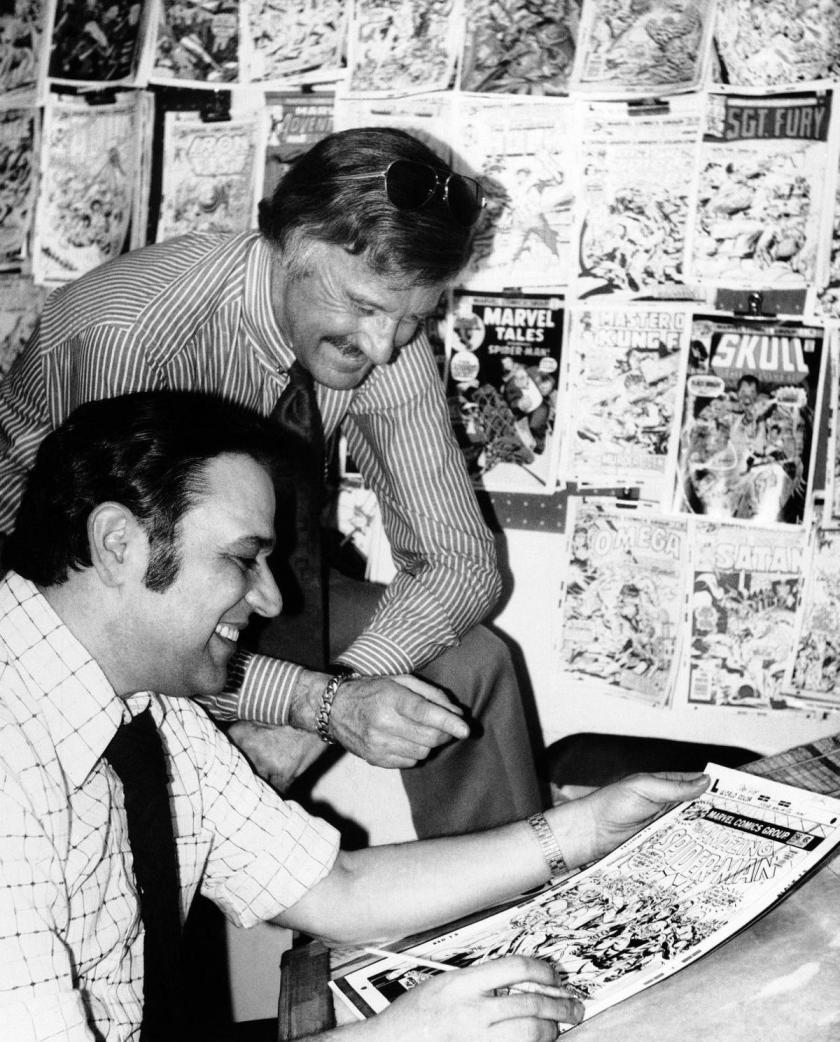 These days, it feels like there’s nothing more revolutionary than being sincere, than just being a man, alone, on stage with a guitar and a message.
These days, it feels like there’s nothing more revolutionary than being sincere, than just being a man, alone, on stage with a guitar and a message.
Folk singer from Essex Billy Bragg is back in New Zealand for a three-night run of shows at the grand old Hollywood Cinema in Avondale, and his first gig in the series was like a tonic in troubled times.
Being a protesting folk singer in 2018 may seem like a throwback. The old names like Pete Seeger or Phil Ochs are all gone and those that are left are getting up there in years. And it’s so, so hard for a protest singer to find that thin line between hectoring and speechifying, to not get stuck in rant mode eternally. But Bragg has ample humour and an immensely quick wit to carry him through the night. We need more voices like his.
His rallying cry at each show is a rejection of cynicism and a call for activism. Bragg is one thing a lot of musicians aren’t – utterly sincere on stage, clear-eyed without being naive. It’s inspiring and more than a little comforting to see someone unafraid to take a stand and who can sing a song like Woody Guthrie’s “All You Fascists Are Bound To Lose” and make you believe every word of it.
This first night of his run at the Hollywood, Bragg was in fine, upbeat form, playing for over two hours and loosely changing his set on a whim, at one point playing an amazing Leadbelly cover to demonstrate the skiffle sound (which, of course, he’s written a book about). He spoke nearly as much as he sang, on everything from Brexit to Stan Lee, but always engagingly.

With immense control, he spun from a grim recounting and song about America’s history of lynchings to breezily playing a cover of the Jackson 5’s “I’ll Be There” from his busking days. What I’ve always liked about Bragg is his ability to switch gears between the hard-edged protest songs and open-hearted songs about love, or as he called it, “songs about rain and wanking.” Songs like “The Milkman of Human Kindness” or “Greetings to the New Brunette” are little gems of lyrical power and longing.
And when several hundred people are lustily singing along and stamping their feet to “There Is Power In A Union,” for a moment, the world feels like it isn’t completely screwed in the long run.
He capped things off with a biting and clever rewrite of Bob Dylan’s “The Times They Are A’ Changin’” for the Trump era, blasting at the grim tide with lyrics like “The land of the free and the home of the brave / Martin Luther King is spinning in his grave”.
I don’t know about you, but these days I can get behind a protest song or three.
Long live the revolution.



 My first real deep dive into Stan Lee’s own writing came when Marvel Tales, a reprint mag, began running the original Lee/Steve Ditko issues of Amazing Spider-Man from the beginning in 1982. I’d never read them before, and while my pre-teen eyes took a while to get used to Ditko’s more primitive-feeling artwork, I was sucked in to the stories as Spider-Man fought Dr. Doom! Met the Lizard! Battled Doctor Octopus and the Living Brain! Reading these marvellous tales, I realised what all the fuss about “Stan Lee Presents” was really about.
My first real deep dive into Stan Lee’s own writing came when Marvel Tales, a reprint mag, began running the original Lee/Steve Ditko issues of Amazing Spider-Man from the beginning in 1982. I’d never read them before, and while my pre-teen eyes took a while to get used to Ditko’s more primitive-feeling artwork, I was sucked in to the stories as Spider-Man fought Dr. Doom! Met the Lizard! Battled Doctor Octopus and the Living Brain! Reading these marvellous tales, I realised what all the fuss about “Stan Lee Presents” was really about. If you want to really examine the seismic effect Stan Lee had on comic book storytelling, read one of DC Comics’ musty early Justice League of America issues from around the same time the Fantastic Four launched. While they’re charming enough, the stiff, military-precise characters are interchangeable and conflict is nonexistent. They fight crime with a smile and brisk efficiency.
If you want to really examine the seismic effect Stan Lee had on comic book storytelling, read one of DC Comics’ musty early Justice League of America issues from around the same time the Fantastic Four launched. While they’re charming enough, the stiff, military-precise characters are interchangeable and conflict is nonexistent. They fight crime with a smile and brisk efficiency.



